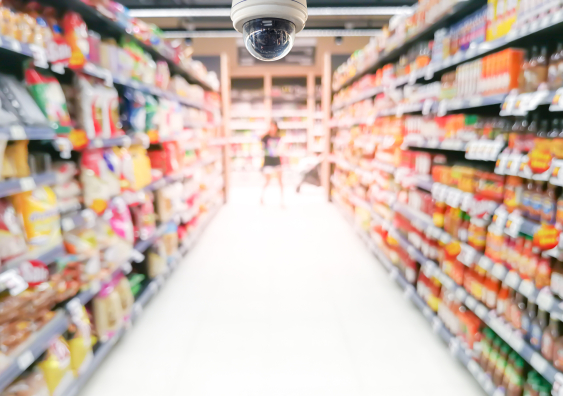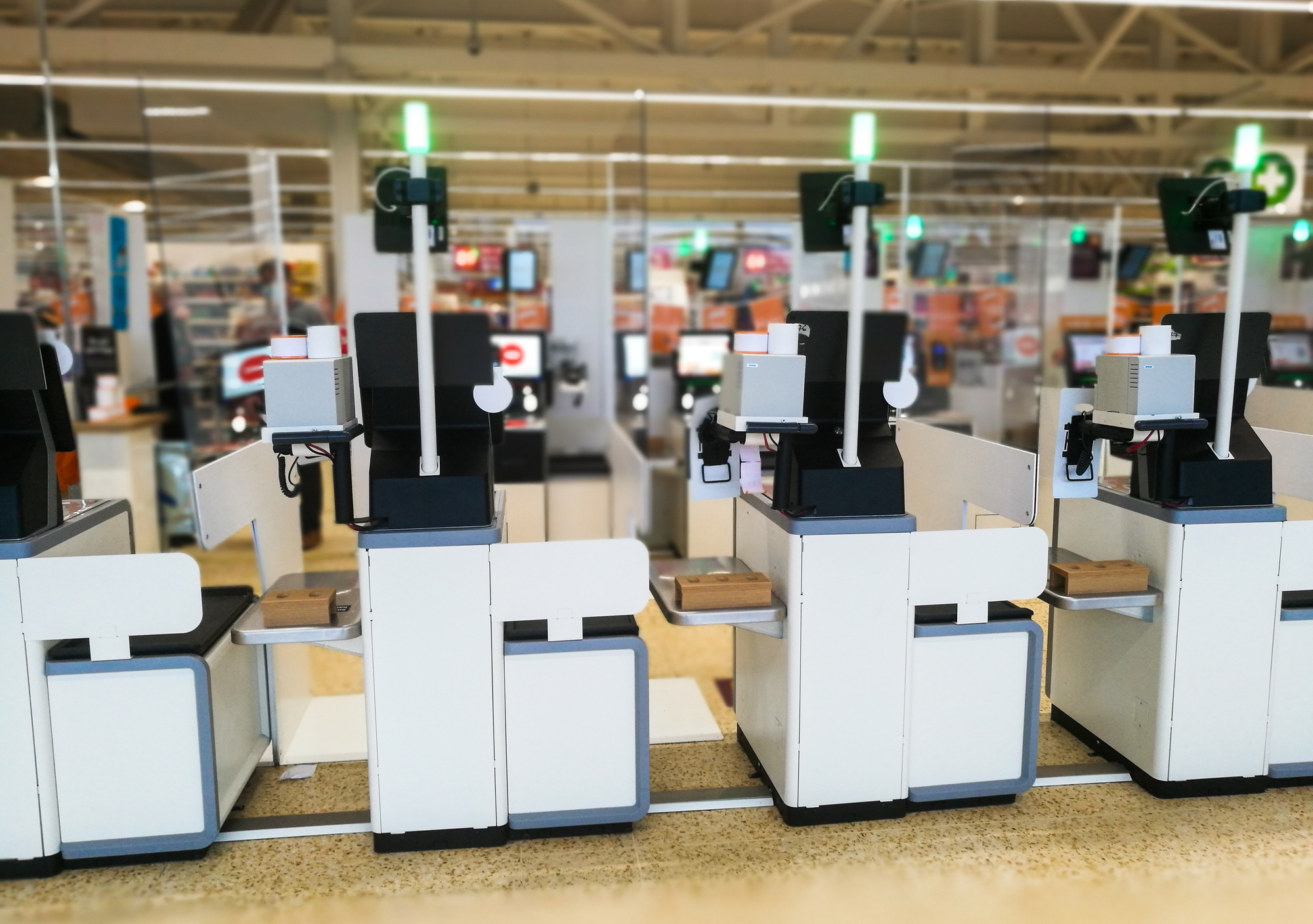Supermarket surveillance: why we dislike it and what stores should be doing
A UNSW consumer psychologist says that supermarkets need to take a new approach to ease shopper frustrations.
A UNSW consumer psychologist says that supermarkets need to take a new approach to ease shopper frustrations.

Katie Miller
+61 2 9385 4627
katie.miller1@unsw.edu.au
Amidst Australia's cost-of-living crisis, a surge in shoplifting has compelled supermarkets to implement heightened surveillance measures.
A major supermarket recently reported an annual 20 per cent rise in stock loss, which was partly attributed to theft. The Australian Bureau of Statistics June 2023 report showed a 17 per cent increase in retail theft. In response, supermarkets said they had no choice but to increase security measures to reduce shoplifting. One leading supermarket announced it would be spending more than $40 million in CCTV upgrades, body-worn cameras and other measures.
The reaction to increased surveillance has left some Australians worried about privacy, while media reports suggested others feel untrusted and angry. “Nine times out of 10, most shoppers are doing the right thing. A sense of trust is lost when supermarkets increase surveillance in the stores with little explanation,” says consumer behaviour expert, Professor Nitika Garg, School of Marketing at UNSW Business School.
It’s no secret that supermarkets have been implementing more surveillance to tackle theft. But why are customers reacting negatively towards this? And what should supermarkets be doing to mitigate the negative backlash?
Many customers have responded negatively to the increased surveillance, with social media platforms such as Reddit and TikTok reflecting a range of disapproval among customers.
“This is a natural psychological reaction. It happens anytime we feel that our freedom is being limited or curtailed,” says Prof. Garg.
“The idea that we are not being trusted as consumers is jarring to us because most of us do the right thing anyway. No one likes to be watched. Cameras impinge on our privacy. We as consumers are unsure on how that data is being used. Not having an explanation or little reassurance is adding to the negative reaction.”

The installation of cameras above self-checkout stalls in certain grocery stores has sparked concerns regarding the potential invasion of privacy when entering personal PIN card details. Photo: Getty.
For some consumers, such as those who are more opportunistic and engage in deviant behaviour, the increase in tightened measures might make them more likely to misbehave.
“This is a consequence of psychological reactance; it pushes people to do the opposite of what they are told. For example, if you see a board saying don't throw stones at it, what do you think you will see? Most likely, it is riddled with dents and holes. The same example can be applied in this setting,” says Prof. Garg.
Having said that, she says, more surveillance in supermarkets will ultimately help reduce shoplifting. “Surveillance will help overall because the minor issues of mis-scanned items will outweigh those showing deviant behaviour. People don’t want to be in an embarrassing situation if they are caught. Most consumers will be more hypervigilant,” she says.
“People don't have an out right now. Most supermarkets have increased their surveillance. If people don’t want to be filmed by cameras at supermarkets, they have very little choice of where else to go. Consumers will eventually start to look elsewhere.”
Read more: Sneaky supermarket tricks to watch out for as cost of living soars
While supermarkets have been increasing surveillance measures in stores over time, Prof. Garg says, the current measures have not been widely explained.
Supermarkets have had very minimal external communication to tell customers why they are doing this and as a result, Prof. Garg says, there is a negative backlash from customers.
“What the grocery stores are missing out is the opportunity to get consumers on board in this exercise,” she says.
“Those that have a negative feeling towards supermarkets most likely do not feel as though the supermarket is being fair or loyal to them. This is the reason stores need to step in and make sure they get consumers back on their side.
“A small campaign explaining to the consumer the impacts of shoplifting will help. The higher amount of shoplifting takes a hit on all consumers as the price of products is increased to account for the stock loss.”
Prof. Garg also suggested there should be ongoing research in which supermarkets are talking to customers and understanding their concerns. “It is a prime opportunity for research and practice to come together to know how to go forward,” she says.
Read more: Online grocery shopping: 'huge gap' in major supermarkets' food labelling
While there is a general correlation between the cost-of-living crisis and increased inflation, there has been a higher number of thefts reported at supermarkets according to a recent report.
Supermarkets have also noted that while customers pay for their products, many items are mis-scanned at self-checkouts, adding to the increasing percentage of stock loss seen in supermarkets.
“If increasing numbers of thefts are happening at supermarkets, then a bigger problem needs to be addressed. With customers being more price-conscious from a current cost-of-living crisis, when giant supermarkets post annual super profits, it's hard for consumers not to be frustrated,” says Prof. Garg.
This comes after giant supermarkets such as Coles and Woolworths have reported profits of $1.1 billion and $1.62 billion respectively from the 2022-2023 financial year.
“The government should help address this situation. Installing security measures is a temporary fix to a much larger problem,” Prof. Garg concludes.